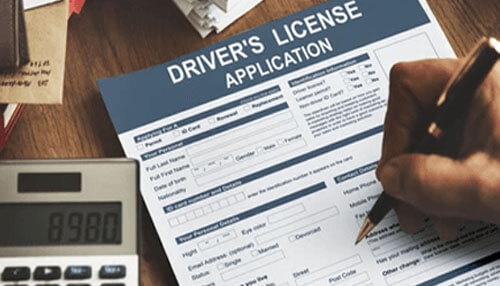While the number of licensed taxi cabs and private hire vehicles may have declined by around 15.9% since 2020, this year saw approximately 251,000 licensed cars on the road in the UK.
Despite the decline in numbers, there’s no doubt that the demand for private hire cars has increased since lockdown has eased, so now is arguably the ideal time to become a self-employed taxi driver.
You can do this to create a primary or secondary source of income too, but what are the key costs to keep in mind when forging this career path?
#1. The Cost of License Applications
There are several costs associated with becoming a freelance taxi driver, including the need to apply for a specialist license.
The non-refundable license application fee will cost you around £120, while the grant of license fee will set you back a further £80. This is a sizable sum, particularly when you consider associated startup costs like your DBS disclosure application (which is now a legal requirement) and the price of a specialist driving test.
These costs are likely to increase in London or when looking to become a licensed black cab driver in the capital, with licensing, tests and the ‘Knowledge of London’ written examination costing in excess of £1,000 in some instances.
#2. The Cost of Your Taxi
On a fundamental level, you’ll also have to invest in a vehicle that can comfortably ferry passengers from A to B.
But where can you go to buy a reputable and high quality vehicle at a competitive price? Fortunately, sites such as Cab Direct offer access to a diverse and affordable range of vehicles, while they also drive further savings by cutting out the so-called “middle man”.
You may also want to consider using such resources to buy taxis that have been made wheelchair accessible, in order to broaden your range of customers and provide a more inclusive service overall.
#3. Insurance and Tax
Insurance is another key cost as a taxi driver, and in most instances, the precise amount that you pay in premiums will be determined by how much of a risk that you pose in the eyes of service providers.
For example, black cab drivers in London will pay higher premiums due to the higher crime rate and the value of the vehicle, whereas costs will decline in other areas throughout the UK.
However, drivers with a good and clean driving record or additional safety features in their cars can reduce the cost of insurance, so this is something to keep in mind when starting out.
From a tax perspective, be sure to register as a sole trader to minimise your liabilities, while taking the time to in your requirements in detail and ensuring that you comply with these in full.



